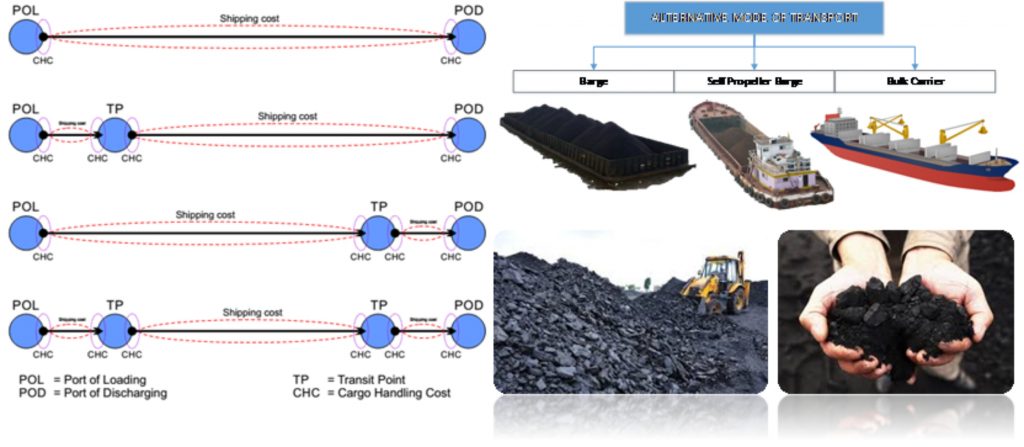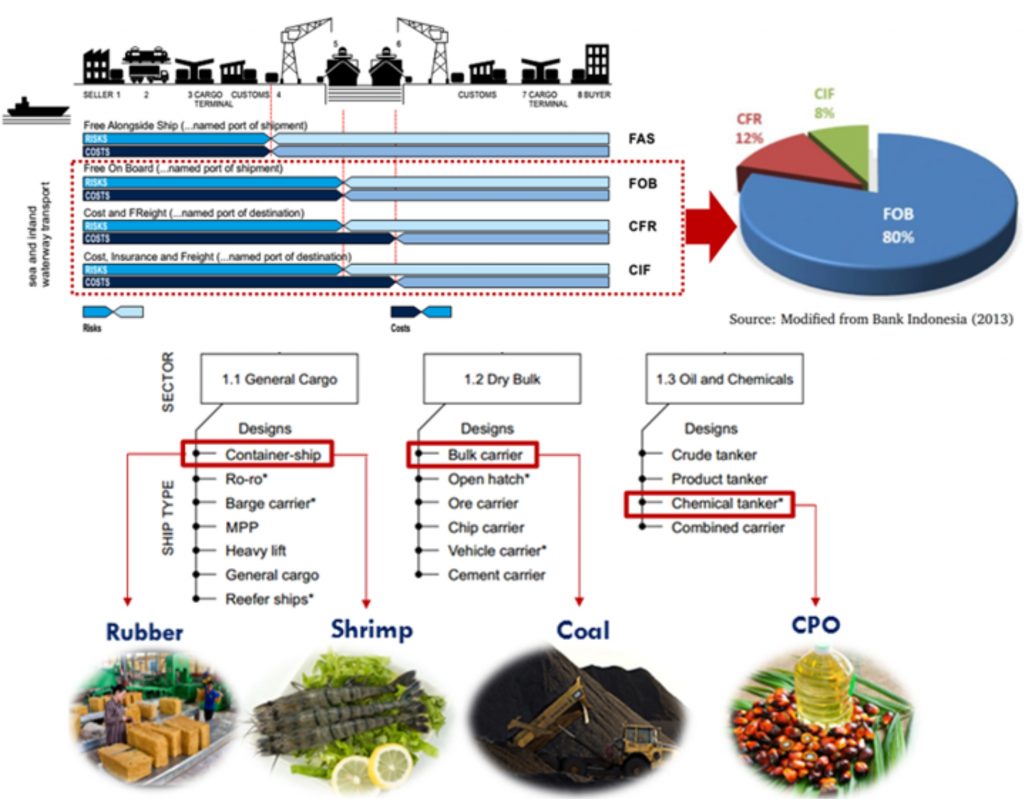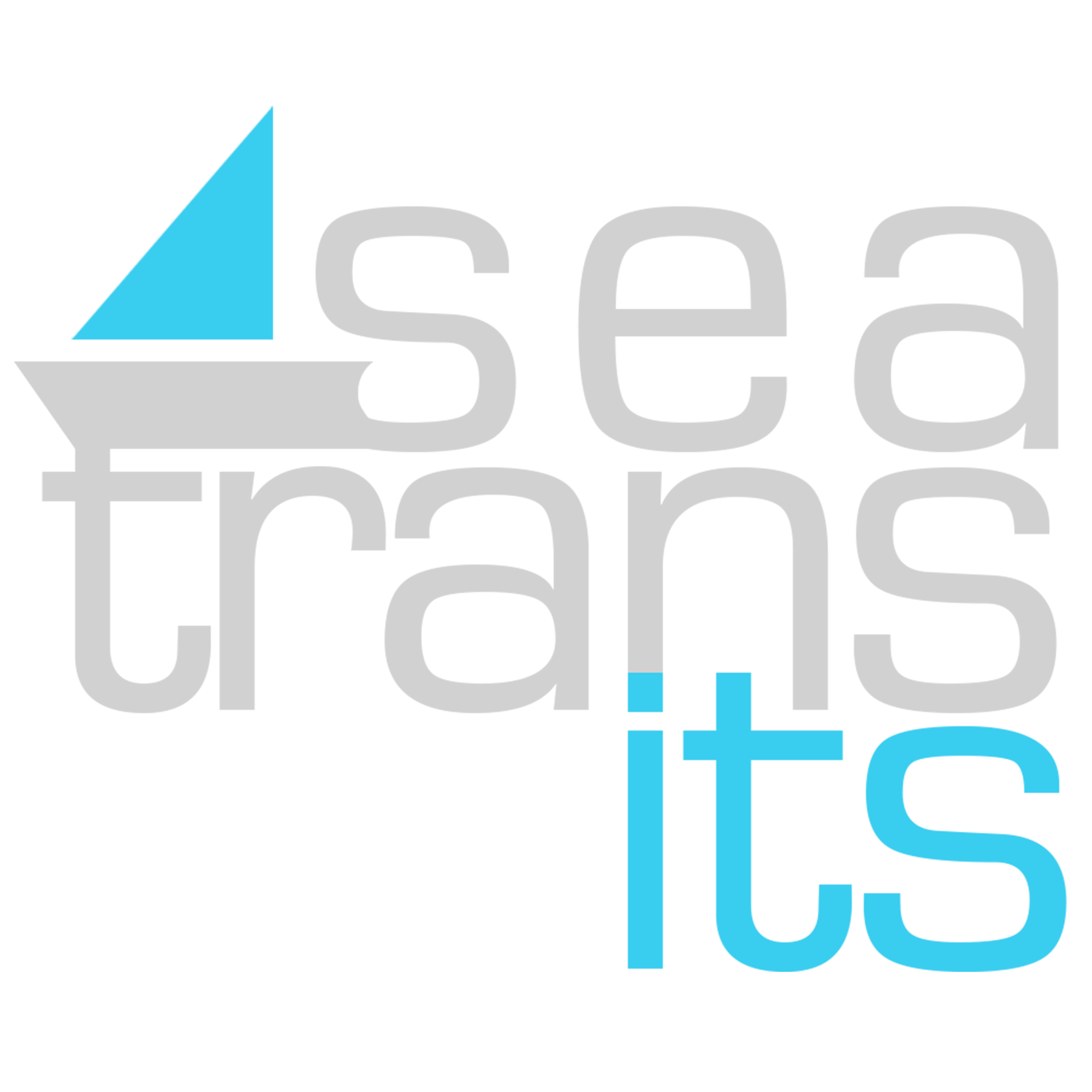| No | Judul Pengabdian Masyarakat | Tahun | Mitra |
|---|---|---|---|
| 1 | Pengembangan Purwarupa Peralatan Detektor Genangan Air di Landas Pacu (Standing Water Detector / SWD) untuk Proeses Sertifikasi | 2020 | Pusat Penelitian dan Pengembangan Transportasi Udara Badan Penelitian dan Pengembangan Perhubungan |
| 2 | Konsultasi Penilaian dan Evaluasi Capaian Rencana Jangka Panjang Perusahaan (RJPP) | 2020 | PT. Pelabuhan Indonesia III (Persero) |
| 3 | Konsultasi Studi Analisis Kajian Kelayakan dan Review Laporan Life Assessment Pengadaan Alat di Terminal Petikemas Surabaya | 2020 | PT. Pelabuhan Indonesia III (Persero) |
| 4 | Konsultasi Studi Kelayakan Pembangunan Terminal Curah Cair Pelabuhan Benoa | 2020 | PT. Pelabuhan Indonesia III (Persero) |
| 5 | Narasumber Pelatihan KANBAN Manajemen Pekerjaan di Aplikasikan pada DRPM ITS | 2020 | DRPM ITS |
| 6 | Konsultasi Penilaian dan Evaluasi Capaian Rencana Jangka Panjang Perusahaan (RJPP) | 2020 | PT. Pelabuhan Indonesia III (Persero) |
| 7 | Perencanaan Penataan Pekerjaan dan Pengembangan Terminal Penumpang Tanjung Balai Karimun, 2020 | 2020 | PT. Pelabuhan Indonesia I (Persero) |
| 8 | Konsultansi Riset Pasar Pelabuhan Probolinggo | 2020 | PT. Delta Artha Bahari Nusantara |
| 9 | Studi Analisis Kajian Kelayakan dan Review Laporan Life Assessment Pengadaan Alat di Terminal Petikemas Surabaya | 2020 | PT. Pelabuhan Indonesia III (Persero) |
| 10 | Studi Kelayakan Pembangunan Terminal Curah Cair Pelabuhan Benoa | 2020 | PT. Pelabuhan Indonesia III (Persero) |
Showing 1 to 10 of 40 entries



